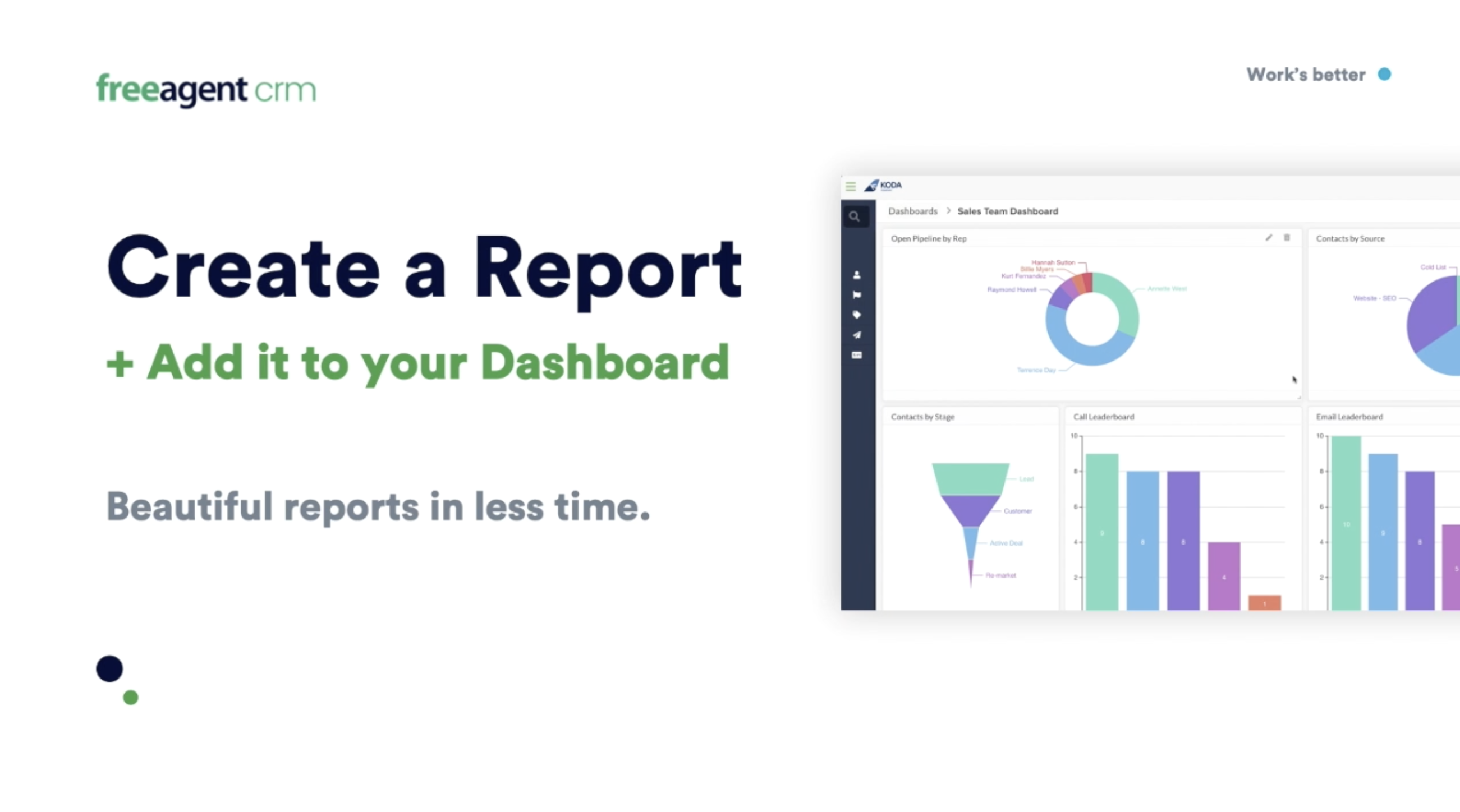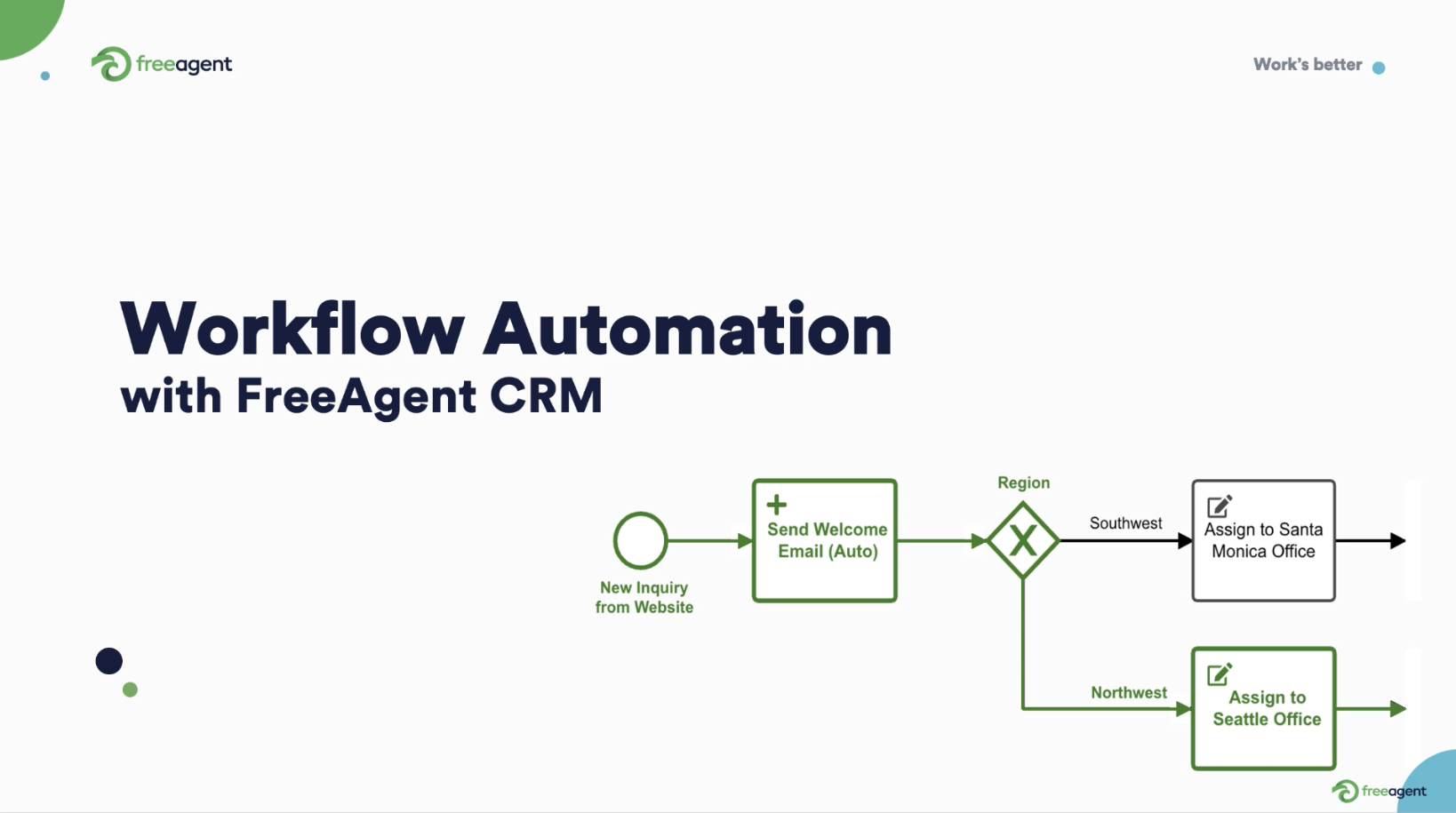Sales enablement content shortens the time it takes for sales reps to close deals.
To sell successfully, sales reps need to understand:
- The products they sell
- The people they sell to
- Possible sales objections
- The competition they face
Read on for how sales leaders can craft a winning sales enablement content strategy.

What is sales enablement content?
Sales enablement content arms a sales rep (and ultimately, their prospect) with knowledge about the company’s sales strategy, product benefits, and customer profile.
Sales enablement content differs slightly from marketing content. Firstly, marketing content is published to build awareness in a prospect at the top of the traditional funnel.
By contrast, sales enablement content influences consideration and drives conversions at the bottom of the sales funnel.

9 examples of sales enablement content
Sales enablement content takes different forms across B2B teams. Nine such examples include:
- Competitor battle cards
- Sales call scripts
- Email templates
- Sales playbooks
- Case studies
- Price sheets
- Sales videos
- Sales decks
- One-pagers
1. Competitor battle cards
Your company doesn’t exist in a vacuum.
Direct and indirect competitors vie for your prospect’s attention and money, and prospects might bring up these customers during sales calls.
Your sales reps must counter competing offers and highlight why your solution is better. To do this, sales teams can create:
- Infographics comparing their product against others
- Comparison tables with point-by-point comparisons of features, pricing, and benefits
These comparisons can live as JPGs, PDFs, spreadsheets, or online resources you can pull up and link to on a call.

2. Sales call scripts
A sales call script outlines how to kick off each conversation and what to say at each step.
Sales reps can use sales call scripts to:
- Ask the right questions
- Identify pain points
- Evaluate answers
Sales call scripts should be personalized, emphasize open-ended questions, and handle objections smoothly.

3. Email templates
Email is a powerful medium, but not everyone on your team is an award-winning email copywriter.
This can lead to mixed sales performance at best and brand damage at worst.
Sales email templates standardize outbound messaging and allow your reps to customize outreach to each prospect or sales engagement tool.
You can create sales email templates for welcome sequences, reminders, and webinar invitations.

4. Sales playbooks
Each sales organization sells differently. One organization might have a complex lead scoring process, while another only has three lead stages.
An organization might run an ABM playbook while another focuses on outbound sales.
Your sales reps need to be clued up on how your organization sells — and what is expected of them.
A sales playbook can include an overview of your:
- Ideal customer persona
- Lead scoring process
- Handover process
- Product features
- Product benefits
- Call recordings
- Competitors

5. Case studies
Case studies lend credibility to your sales process. Prospects want to know their peers have enjoyed success with your product.
Compelling customer stories contain the following elements:
- Problem overview
- Previous solutions
- Selected approach
- Execution strategy
- Results and impact
- Testimonials
Case studies can live as PDF assets or online web content for easier sharing by reps.
6. Price sheets
Complex products may have complicated pricing. Prospects want to know how much different options or combinations will cost them, and how your discounts work (if any).
A pricing sheet provides this information in a visually engaging way, helping reps communicate pricing effectively.
Pricing can be depicted in a table format highlighting your best-value packages, differences in add-ons, and payment terms and conditions.

7. Sales videos
If a picture speaks a thousand words, a video speaks ten thousand.
A sales video can communicate your product’s benefits and features more dynamically than an image, PDF or infographic.
It can also give prospects a tour of the product or service and address their objections more effectively.
Best of all, you can host your sales video on YouTube or Vimeo and embed it anywhere on your website.
8. Sales decks
A sales deck goes into more detail about your company, products, and services.
They’re excellent for one-to-many sales presentations and are often the first sales collateral a prospect sees.
Sales decks should ideally:
- Be relevant to the prospect’s needs
- Be succinct — 10 minutes or less
- Maintain consistent branding

9. One-pagers
A one page sheet summarizes your offering into a visually exciting, easily digestible document led by an executive summary.
It can include information about your:
- Product benefits
- Feature summaries
- Statistics and customer stories
- Product support information
You can also customize one-page product sheets for different personas, such as having one for sales managers and a different one for operations leaders.
How to build a sales enablement program at your company
You can start building out your sales enablement assets in just four steps:
- Analyze business needs
- Craft sales enablement content
- Incorporate the right tools and processes
- Measure impact and iterate

1. Analyze business needs
Creating high-impact sales content begins with analyzing your business needs and gaps. Gather stakeholder input to determine which assets you’ll need to create.
For example:
- Is there a gap in competitor knowledge among our reps? Create more battle cards.
- Are customers unable to glean our product’s benefits at a glance? Refresh your product one-pager.
- Are your sales emails not converting as well as you’d like? Create better email templates.
2. Craft sales enablement content
After your analysis, create high-impact content that meets your team’s needs.
Certain sales enablement assets will require outside resources. For example:
- Email templates might require an email copywriter
- Sales decks and product sheets might need a designer
- Sales call scripts might need a sales coach
- Sales videos might need animators and editors
Map out how you’ll create the assets you’ll need, how long they’ll take, and how much they’ll cost.
After creating them, ensure they’re easy to find in your sales enablement tool by tagging them according to:
- Category
- Persona
- Product
- Industry

3. Incorporate the right tools and processes
You can pair sales enablement content with the right tools to double your reps’ effectiveness. Such tools and processes include:
- CRM software
- Sales engagement tools
- Sales analytics tools
- Automations and AI
These tools generate data you can use to plug gaps in your sales process.
For example, sales email engagement tools tell you how many people open your emails and click on your links.
Lower open rates and clickthrough rates might necessitate better emails, a better offer, or CRM hygiene to clean up your list.
4. Measure impact and iterate
It’s not enough to just create sales enablement content and call it a day. You still need to track, measure, and tweak each content piece for maximum performance.
You can track sales enablement content performance by asking the following questions:
- Are our email templates driving up open and clickthrough rates?
- Are we getting questions about our competitor comparisons?
- Do our sales decks get downloaded often enough?
- Are we seeing more views on our sales videos?
- Is our team using our sales tools enough?

CRM software powers sales enablement
Spreadsheets are trusty tools, but they feature serious limitations that make it hard to sell well.
From missing automation and limited access control to cumbersome search and limited app integrations, businesses still relying on spreadsheets often do themselves a disservice.
CRM software brings all your sales enablement content into one place, enabling you to fire off sales emails, track engagement, and advance deals from one platform.
Get started with FreeAgent CRM
Sales teams need support to do their job well — from prospecting for the right customers to overcoming sales objections.
It’s hard to close deals without the right information, tools, or systems at your disposal.
A sales enablement content strategy paired with the right CRM software can supercharge your sales cycle and help you close deals faster.
FreeAgent CRM is built for growing teams that need world-class sales engagement, task management, and reporting tools for operational visibility.
Get started with FreeAgent CRM today and take your sales enablement to the next level.







